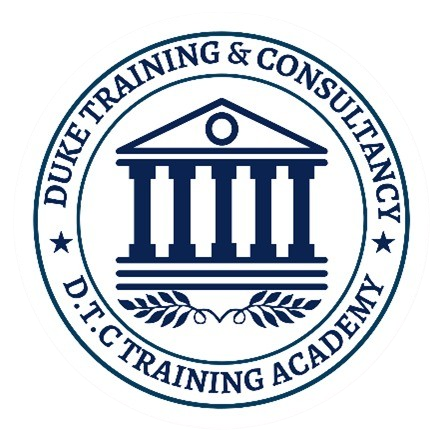Course
Hazard Analysis and Critical Control Points (HACCP) Training
This training program provides participants with comprehensive knowledge and understanding of Hazard Analysis and Critical Control Points (HACCP) principles and practices. Participants will learn how to identify, assess, and control hazards in food production processes to ensure food safety and compliance with regulatory requirements.
- To familiarize participants with the concept and importance of Hazard Analysis and Critical Control Points (HACCP) in food safety management.
- To educate participants on the principles, terminology, and key components of HACCP.
- To provide practical guidance on conducting hazard analysis and identifying critical control points in food production processes.
- To equip participants with the skills to establish and implement effective control measures and monitoring procedures to mitigate food safety risks.
- To ensure participants understand the documentation and record-keeping requirements essential for HACCP compliance.
- Understanding of HACCP principles and their significance in ensuring food safety.
- Ability to conduct hazard analysis and identify critical control points in food production processes.
- Knowledge of control measures and monitoring procedures to manage food safety risks effectively.
- Familiarity with documentation and record-keeping practices for HACCP compliance.
- Readiness to contribute to the development and implementation of HACCP plans in food-related industries
- Food safety managers and coordinators
- Quality assurance personnel
- Food production supervisors and operators
- Regulatory compliance officers
- Food industry professionals involved in food safety management
- Food manufacturing
- Food processing and packaging
- Food service and hospitality
- Retail food establishments
- Catering services
- Any industry involved in the production, handling, or distribution of food products
- Introduction to Hazard Analysis and Critical Control Points (HACCP)
- Principles and Terminology of HACCP
- Hazard Analysis and Identification
- Determining Critical Control Points (CCPs)
- Establishing Critical Limits and Monitoring Procedures
- Implementing Control Measures and Corrective Actions
- Documentation and Record-Keeping for HACCP
- HACCP Plan Verification and Validation
- Regulatory Requirements and Compliance
- Case Studies and Practical Applications of HACCP Principles

